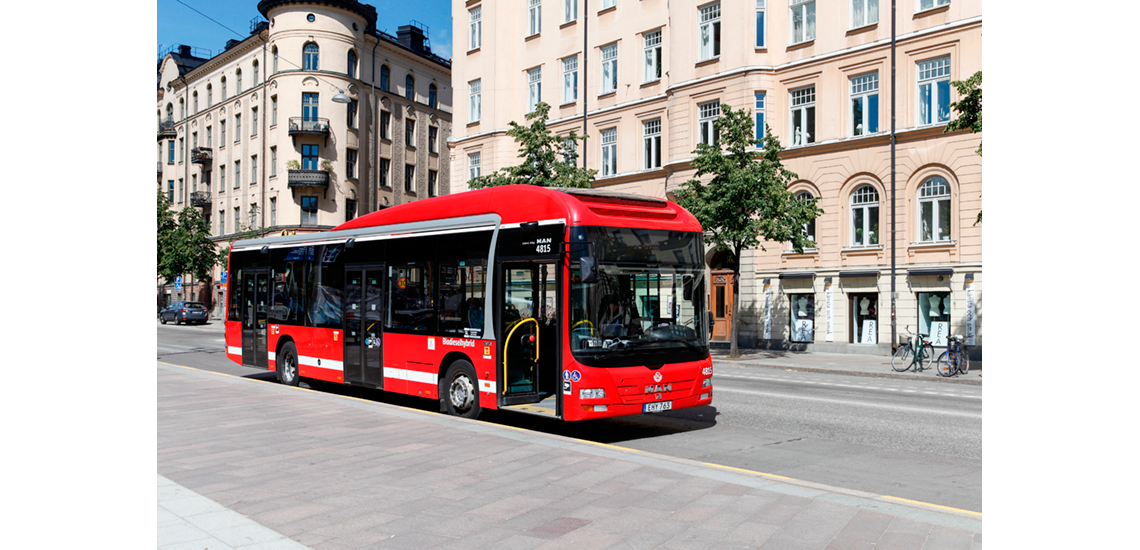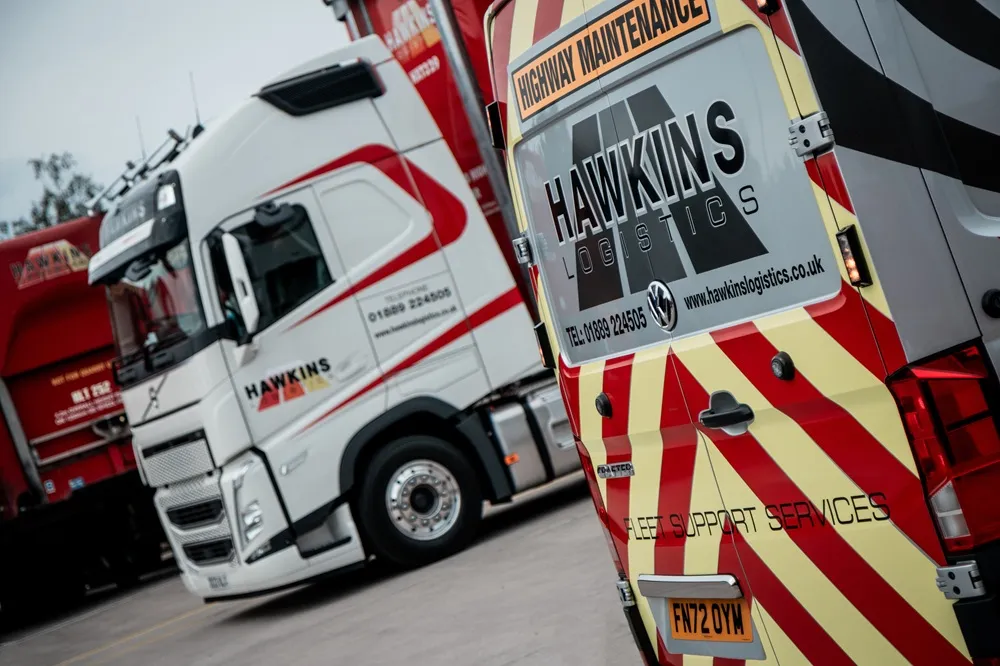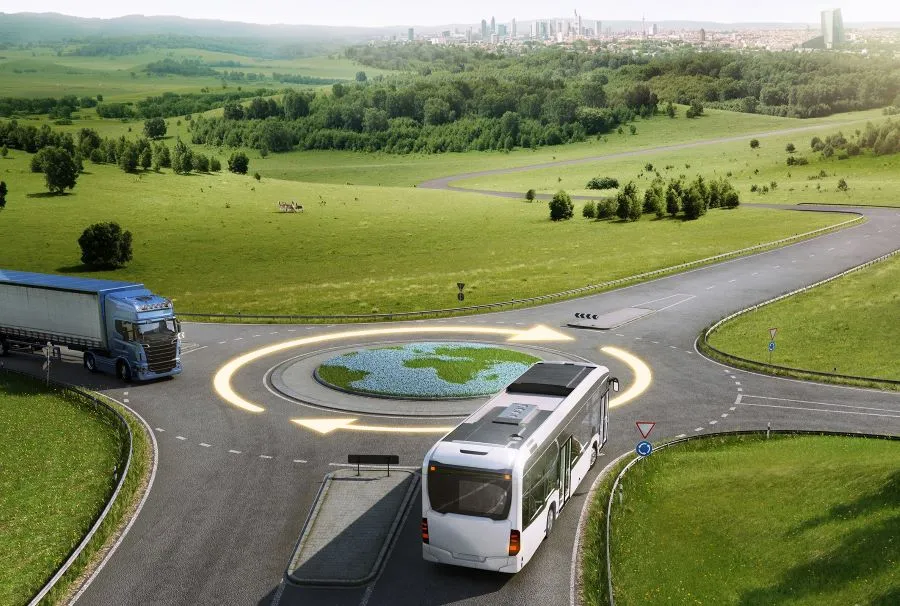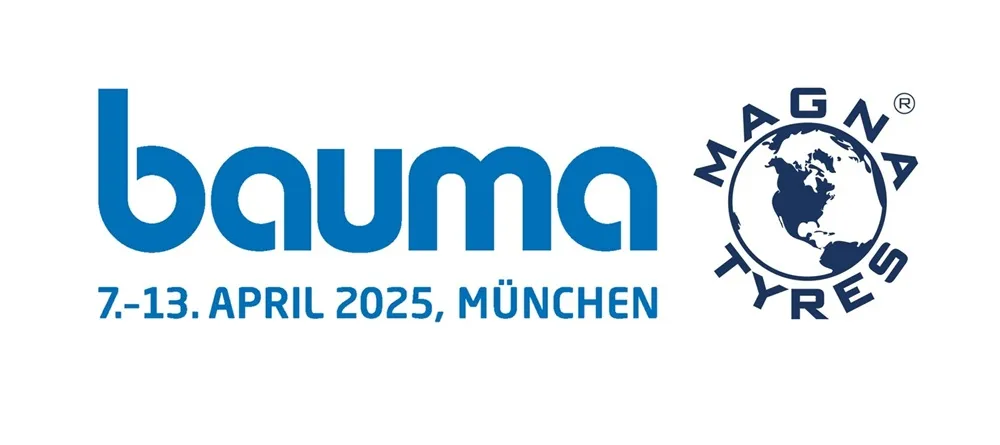In figures released by BilSweden (the Swedish Association for Manufacturers and Importers of Cars, Trucks and Buses) 2021 is shaping up to be a year of recovery for light and heavy trucks, with a 39% and 11% increase respectively on 2020’s year-to-date figures, although the figures are still a noticeable 18% drop on 2019’s pre-pandemic figures. Buses have continued to see a downward trajectory, with a 48% drop on last year, although with three out of every ten registrations being an electric bus, a changing shape can be seen in the industry.
Light Trucks Registrations Grow in Line with the Swedish Economy
For the year-to-date figures, the 8,700 light trucks in March remains a key reason for the upward swing in registrations this year. With just 2,973 in September the market fell 17% when compared to September 2020. Sweden’s strong economic economy and companies wanting to renew their fleet are reasons that Jessica Alenius, Vice CEO of BIL Sweden cites in the recovery. Of the 2,973 new registrations, Volkswagen (492), Ford (486), and Renault (453) were the biggest sellers.
Electric trucks have also improved with an invigorated interest from consumers. With 1,707 registrations, against 897 the year before, the Bonus malus system, as well as a bigger range of trucks that have sparked interest. Although, Alenius outlines that the tightening of the Bonus malus system will later on impact electric trucks.
Heavy trucks also fell nearly 10% in September, compared to this time last year, although the 3,963 registrations this year mean a healthy 11% year-to-date increase. Volvo and Scania were the major winners in this sector, with over 3,000 registrations between them over the course of 2021.
Buses saw a total of 28 new buses registration, which is a 31.7% drop compared to 2020’s 41. So far this year, 516 buses had been registered by September, signifying a 48.4% drop, in the news which shows a continual decline in the sector.








